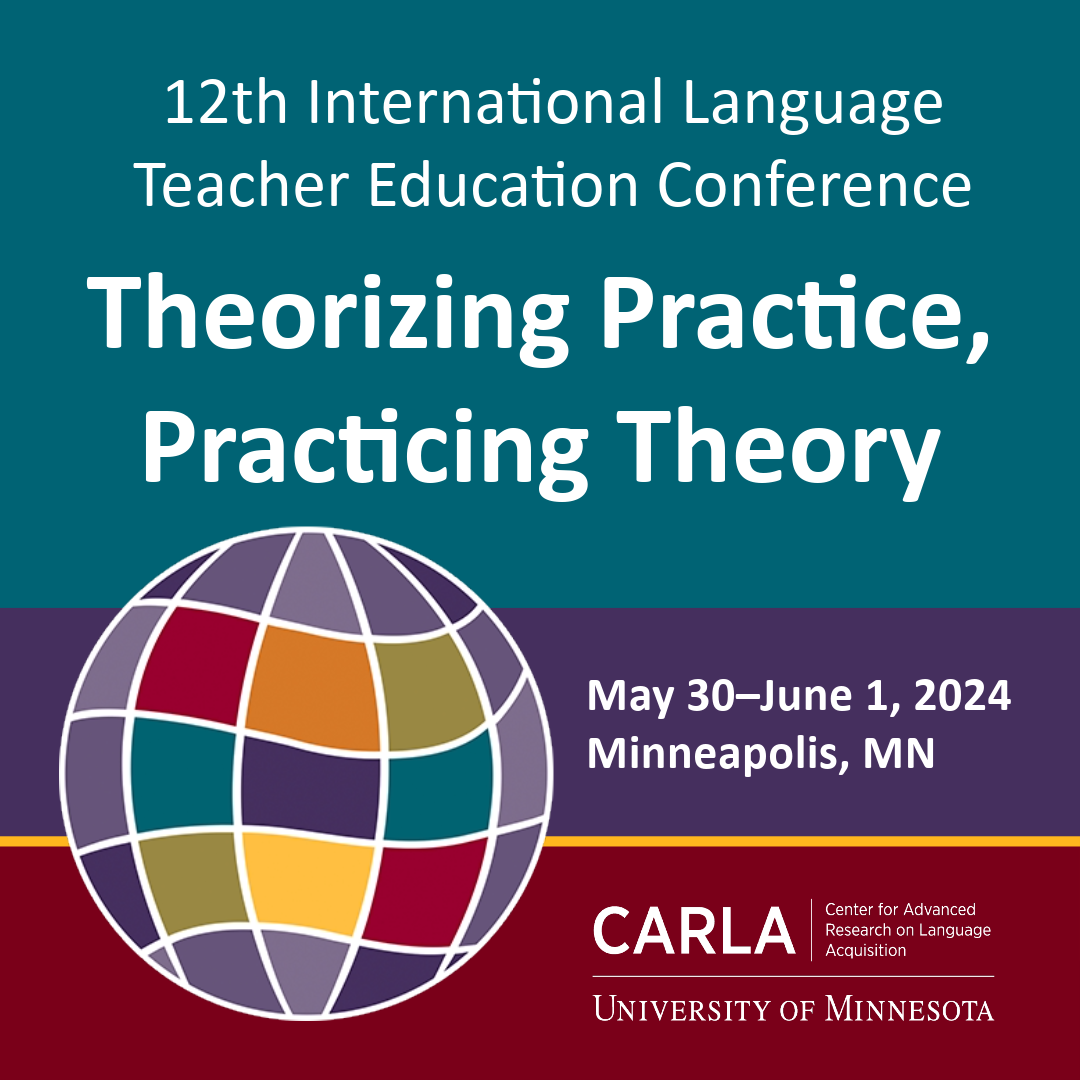 LTE 2024: Theorizing Practice, Practicing Theory
LTE 2024: Theorizing Practice, Practicing Theory
Invited Speakers
Cultivating Land and Water Based Education with Educators, Families, and Communities for Just and Sustainable Futures
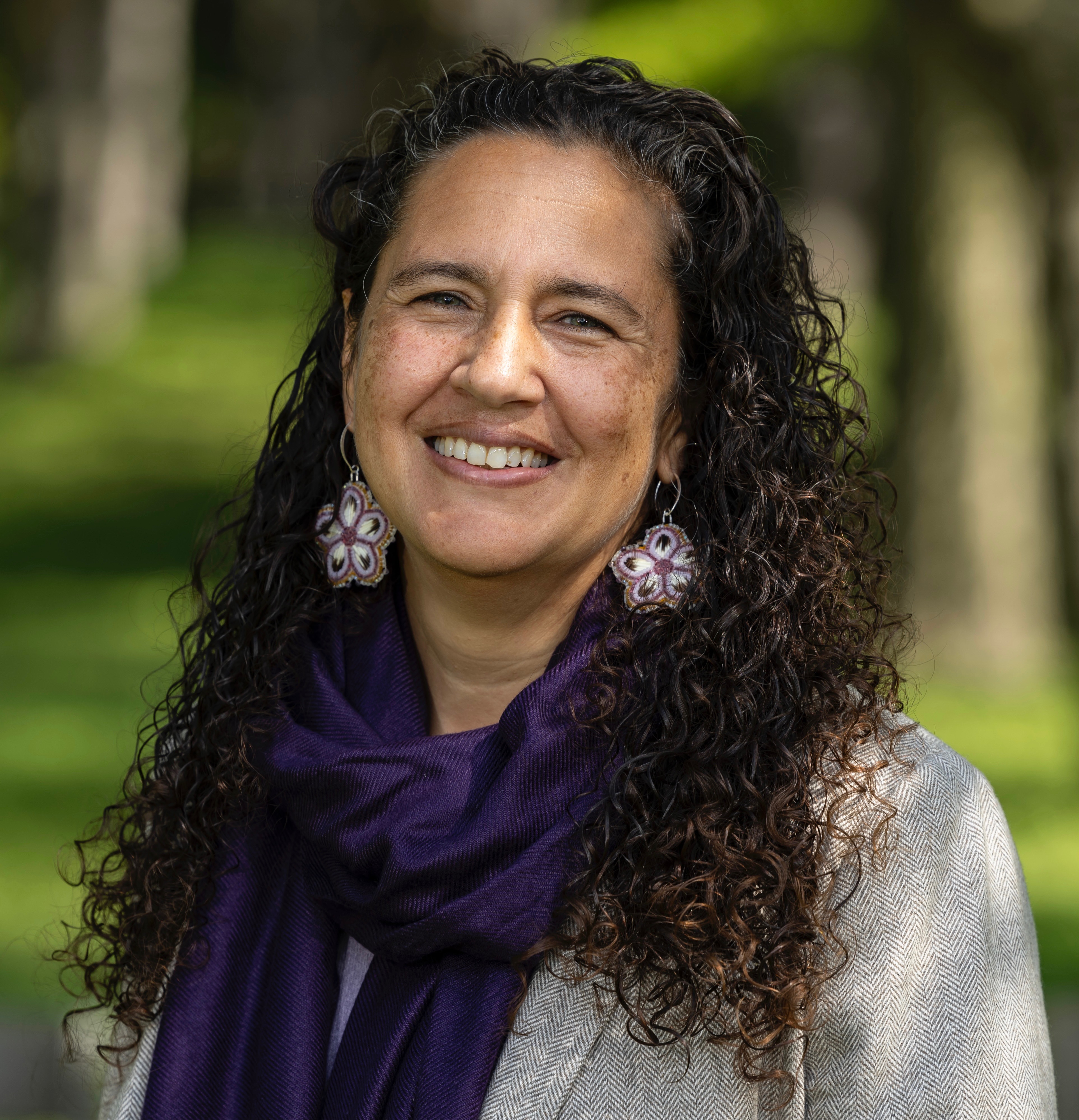
This talk will present key dimensions of Indigenous and decolonial education that help to create equitable and just learning environments and the forms of educator learning and practice that support their enactments. The talk will first articulate key concepts and practices in two models of education working towards decolonial and Indigenous models of education, one called Learning in Places and the other called Indigenous STEAM, that are utilized with pre-school through high school learners across 7 states and in more than 55 districts, that have been co-designed with educators, disciplinary experts, artists, youth, families, and communities. Both projects engage in inter-disciplinary forms of learning including, science, arts, literacy, social studies, and civics that make Indigenous past, present and future normative in learning. Then the talk will focus on supporting educators learning around the following core concepts and practice that are necessary to enact decolonial and Indigenous forms of teaching and learning: 1) pedagogical practices in and with the outdoors, 2) engaging learners’ cultural identities and knowledge systems in routine instruction towards heterogenous expertise, 3) transforming familial and community engagement in content learning and across languages, and 4) developing ethical pedagogical decision-making in classroom interactions that disrupt and transform normative patterns of powered interactions. While the talk will utilize two specific projects, the findings and practices are much more broadly relevant and serve as foundational learning in several teacher education programs and professional development programs serving educators nationally and internationally.
Megan Bang (Ojibwe and Italian descent) is a Professor of the Learning Sciences at Northwestern University and is the Director of the Center for Native American and Indigenous Research. Dr. Bang studies foundational dynamics of culture, learning, and development across the life course particularly with respect the natural world. She has been especially interested in knowledge organization, reasoning, and decision-making about complex socio-ecological systems and their intersections with identity, cultural variation, history and power. In her work these issues are central to the challenges of the 21st century, such as climate change, adaptation, and sustainability, as well as the kinds of social and civic relations intertwined with these issues. She utilizes this foundational work towards improving STEAM education preK-16 in formal and informal learning environments. Further, she brings these programs into teacher education programs as well as educational leader preparation programs. She engages in robust partnership with schools and communities. A key aspect of her work has been focused on regenerating Indigenous systems of education for the 21st century through community lead projects. She currently has several major projects across multiple states developing inter-disciplinary place-based education that focus on science and civics. Dr. Bang is a member of the National Academies of Education and serves of their advisory board and is also a member on the Board of Science Education at the National Academy of Sciences.
Envisioning and Embodying Language Teacher Education Change: Praxis for a New Era
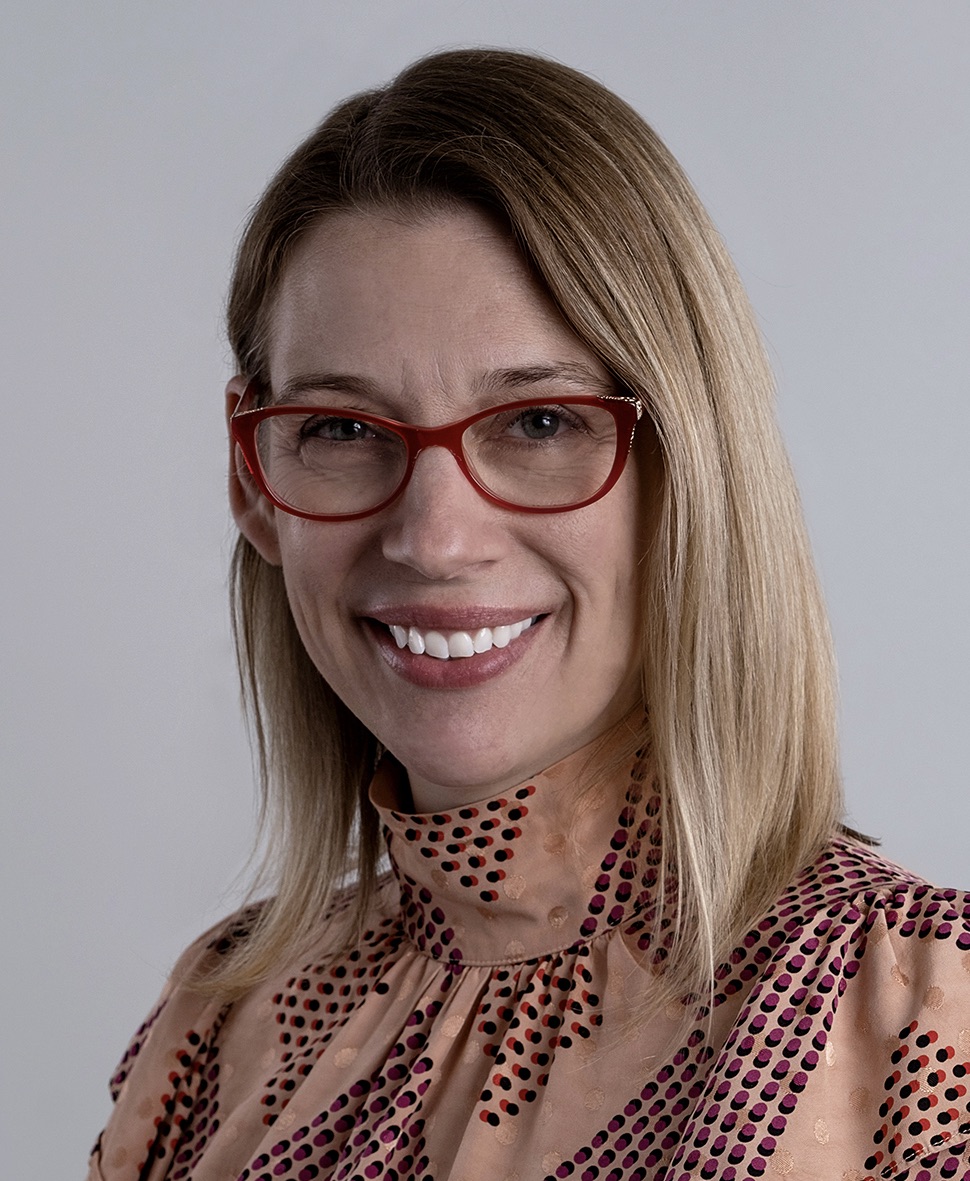
As the world enters a new technological age, characterized by pervasive artificial intelligence applications and virtual, augmented, and mixed realities, our social worlds and activities–including language teaching and language teacher education–are and will be significantly impacted. How exactly affordances of this techno-social change take shape will be contingent on the kinds of imagining we do and the action we take in language teacher education to shape professional learning ecologies and the praxis of new and experienced language teachers. Drawing on de Certeau’s (1980/1984) theorization of the practice of everyday life as well as principles of envisioned/embodied learning (Dede, 2009; Johnson-Goldberg, 2018; Lindgren & Johnson-Goldberg, 2013), techno-social agency (Williams, 2023), and design-based research (Bell, 2004), I offer some concrete examples (e.g. the EnvisionTeaching lab, virtual walking pedagogies) and explore possibilities for radically re-imagining language teacher education praxis for a new era.
Erin Kearney is Chair and Associate Professor in the Department of Learning and Instruction at the University at Buffalo (SUNY) where she works with novice and experienced teachers in ESL, bilingual, and world languages teacher education programs and with future educational linguists enrolled in the Language Education and Multilingualism doctoral program. Her research investigates how multilingual awareness, critical intercultural learning, and teacher and learner agency develop alongside language learning in settings that span from pre-K to higher education. Most recently, Erin has conducted research on “core” teaching practices through use of virtual realities and means for developing symbolic competence in language education. Erin’s published work appears in journals such as the Modern Language Journal, Language Awareness, Linguistics and Education, and Foreign Language Annals among others. She is also the author of an award-winning book published with Multilingual Matters.
Critical Language Awareness and Language Teacher Education: A Hope Towards More Equitable Futures
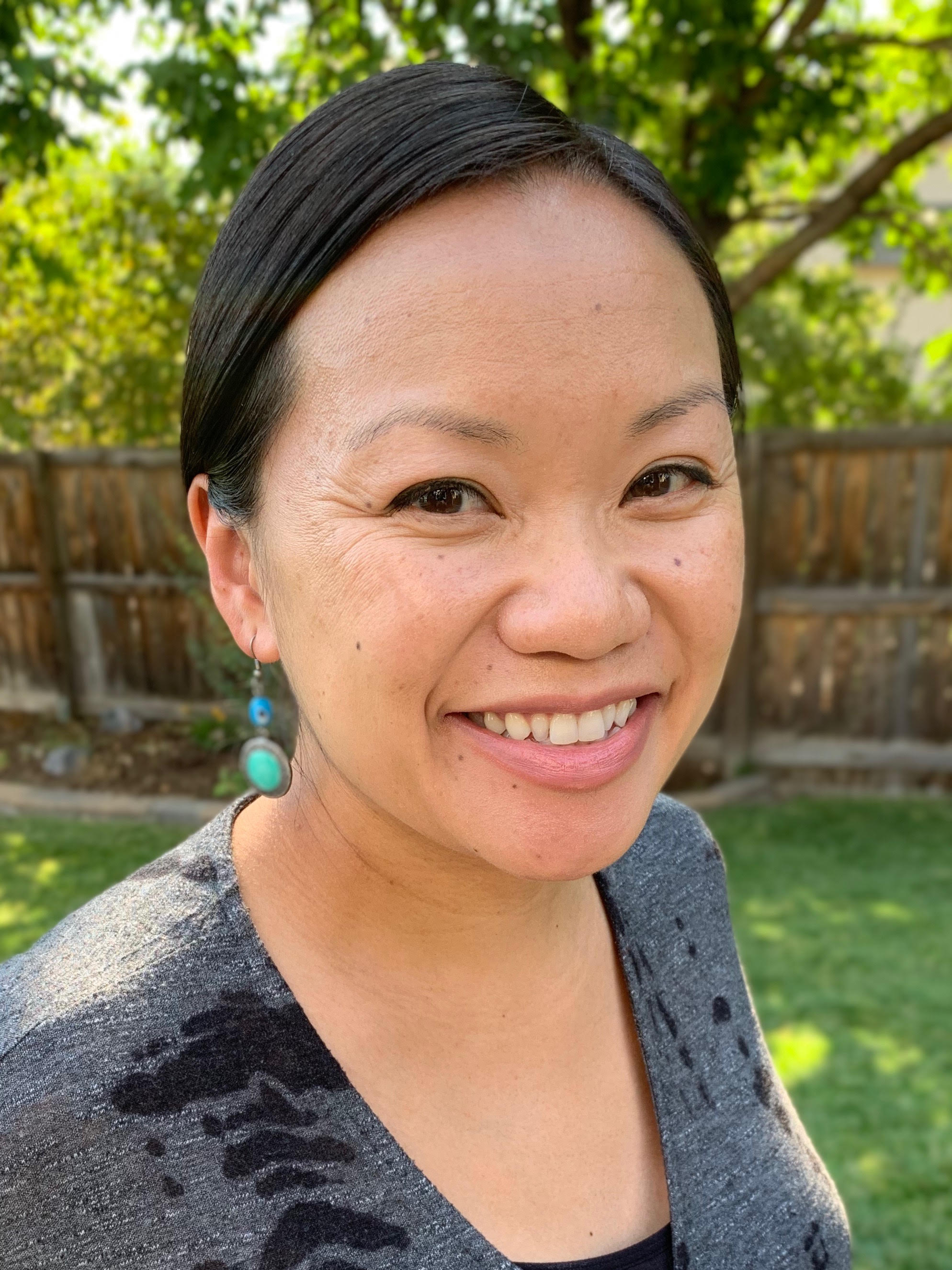
Due to ongoing injustices towards minoritized languages and their users, critically-oriented pedagogical models have emerged that promote critical language awareness (CLA), or an understanding of the sociopolitical implications that underlie language use (Fairclough, 1992; Leeman, 2018; Shapiro, 2022). CLA has the potential to foster critical reflection through analysis, questioning, critique of assumptions about language teaching and learning, and schooling more broadly, yet CLA is rarely integrated into world language teacher education. World language teachers play a significant role in either challenging or perpetuating language ideologies–taken-for-granted beliefs about language–in additional/second and heritage language education. Without guidance from teacher educators, some instructors may not critically question entrenched ideologies that negatively affect students’ psychological well-being, linguistic confidence, language maintenance, and motivation, particularly students for whom the target language is a heritage or home language. In this presentation, I argue for CLA and general linguistic knowledge to be core competencies in world language teacher education. Drawing on collaborations with colleagues from across the United States, I describe possibilities for fostering CLA in teacher development in higher education contexts, address the challenges of negotiating pragmatism alongside social justice efforts, and consider next steps for continuing the work towards more equitable futures in world language education.
Tracy Quan is Assistant Professor of Spanish Linguistics in the Department of Spanish and Portuguese at University of Colorado, Boulder. Her research interests include study abroad; critical approaches to language teacher education and Spanish as an additional and heritage language; and the role of raciolinguistic and language ideologies on identities, language use, and learning. She is co-editor (with Rebecca Pozzi and Chelsea Escalante) of Heritage Speakers of Spanish and Study Abroad (Routledge, 2021). Her publications have appeared in venues such as Foreign Language Annals, L2 Journal, Modern Language Journal, and various edited volumes.
Collectivizing Care in Teacher Education for Multilingual Teachers of Color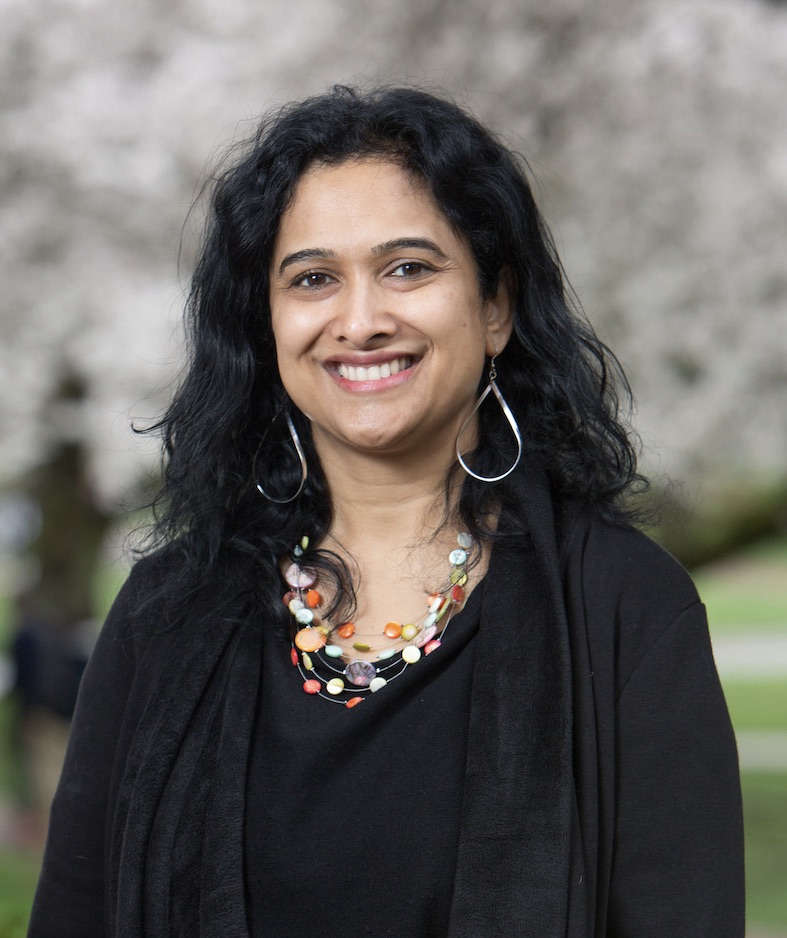
Language teaching, as other forms of teaching, has been mainly viewed in ways that are characterized through individual traits where teachers themselves are viewed as “good teachers” or “bad teachers” (Kumashiro, 2012). In providing such characterizations, language teachers and their identities are not usually viewed as part of systems and in relationship to others, but rather in individualistic ways that, we argue, uphold normative ways. In similar and interconnected ways, language teacher emotions as central to well-being have been problematically treated as residing within the individual rather than as products of individuals in systems of power and within institutions (Benesch, 2012). As a result, approaches to language teacher emotions are not necessarily viewed as connected to systems of power.
In this presentation, I show how in our own collective as language teacher educators, we push on the ways in which holistic well-being is usually constructed as an individual and potentially fragmented state for language teachers, rather than as a collective process that grapples with racial capitalist society. By drawing on poststructuralist approaches to emotion as well as feminist theory and dis/ability studies (Schalk, 2018) and taking up, in particular, the concept bodymind as a whole entity that is embedded in a sociopolitical context, we propose holistic well-being as being interconnected to teacher identity as it relates to embodiment, teaching practice, and ongoing critical learning (Caldas, 2021; Pham, 2022), especially in terms of language teacher identity by considerations of the raciolinguicized subjectivity (Daniels & Varghese, 2020) of multilingual teachers of color. After presenting a set of interconnected frameworks within the beginning of the chapter, I spend the bulk of the presentation on describing our own teaching and shared practices as well as teacher candidates’ visible work to suggest that the ongoing process of collaborative critical dialogue, self-reflection, and consciousness raising is essential to a model of collective care where racially and linguistically minoritized teachers' well-being and survival is central to society and school systems.
Manka Varghese is a Professor in Language, Literacy, and Culture at the University of Washington's College of Education. Her research, teaching, and mentoring revolve around conceptualizing anti-oppressive frameworks, principles, and pedagogies in teacher education, especially for teachers of multilingual students, which integrate teacher and student intersectional subjectivities and identities, theoretically and practically. She has published widely in edited books and journals. Her most current book project, which she has been working on with colleagues and doctoral students and will be coming out next year, is entitled Project BECA: Moving towards racial and linguistic justice in and through a bilingual teacher preparation program.
